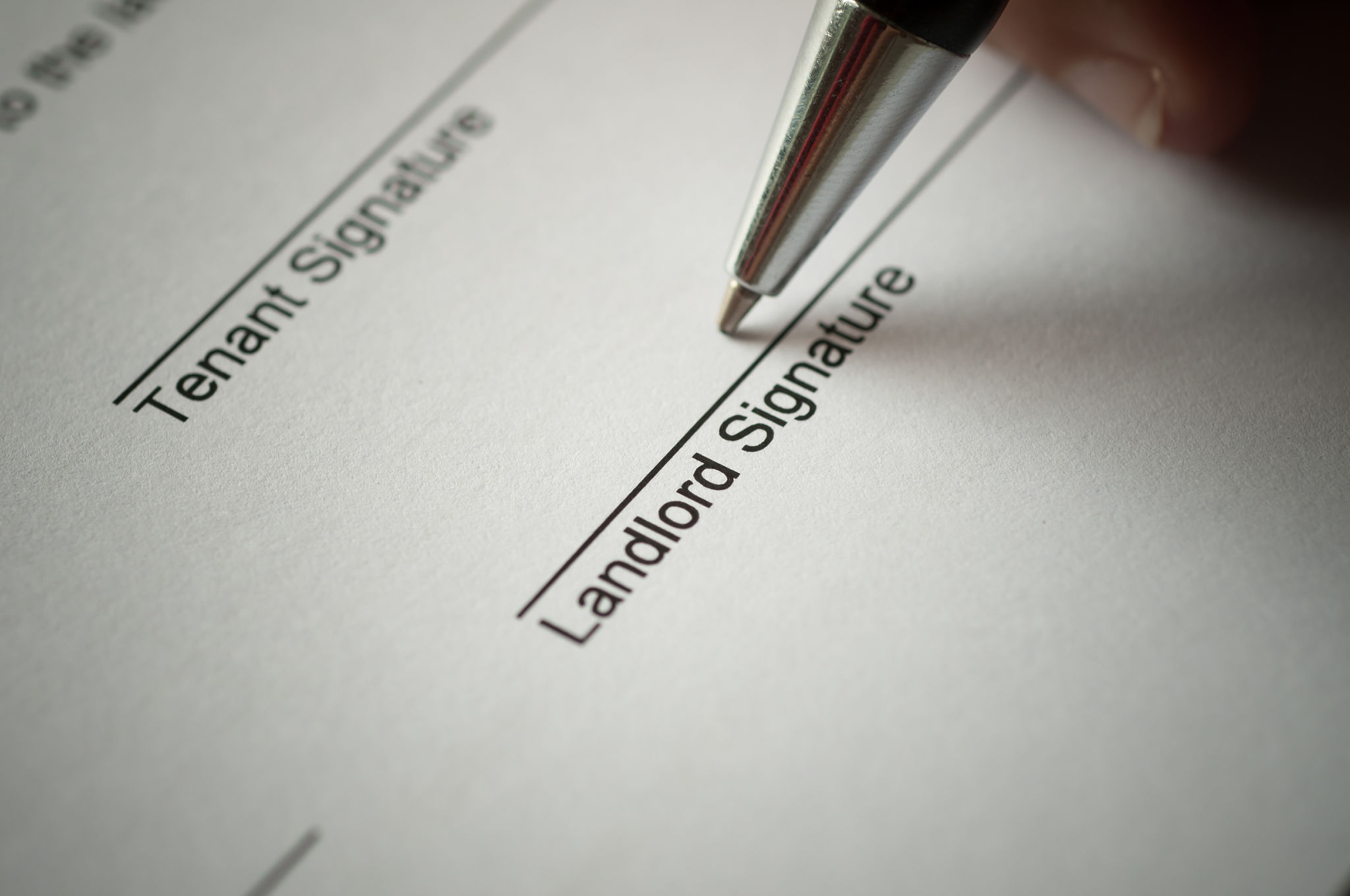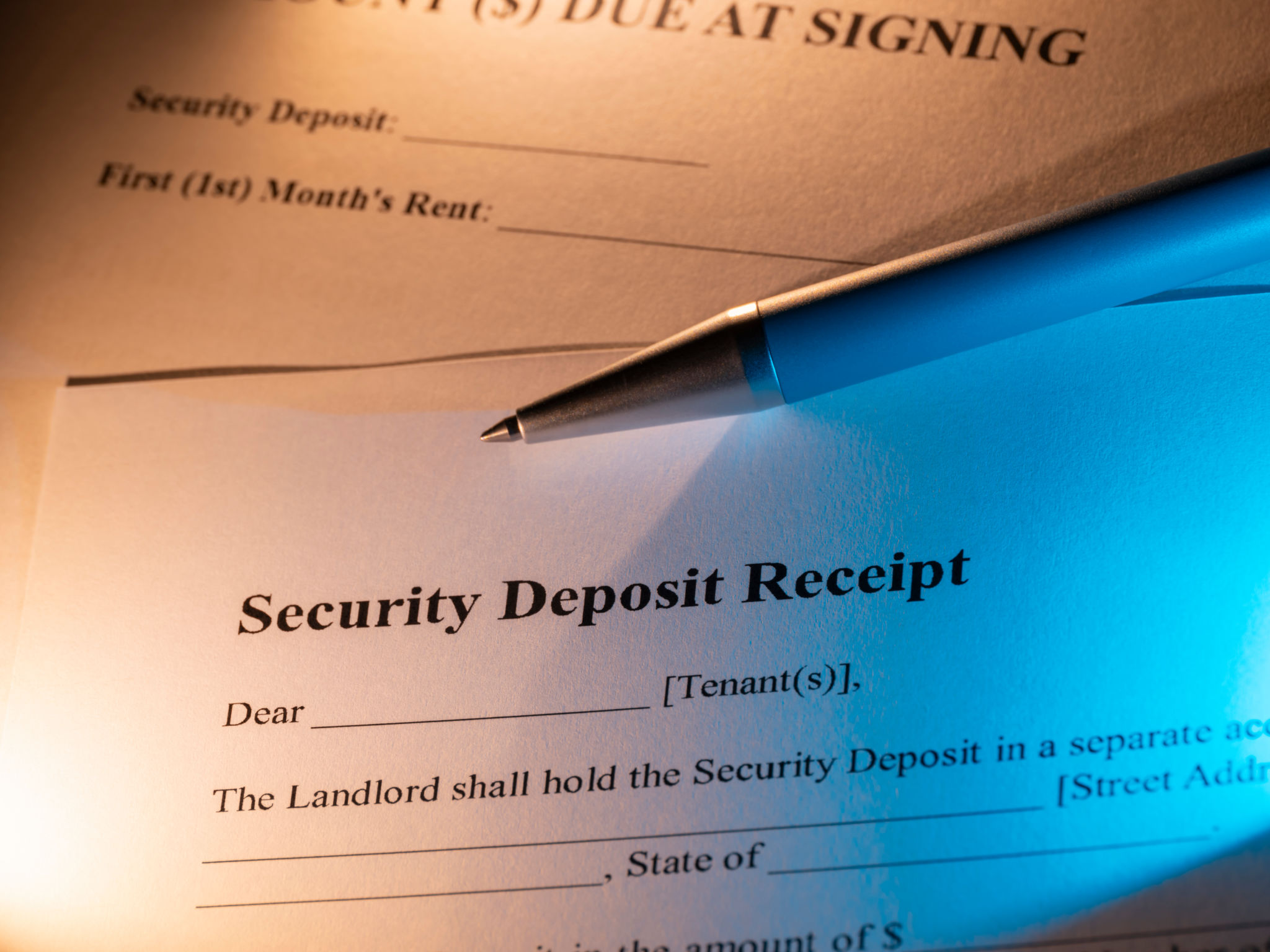Top 5 Myths About Landlord-Tenant Relationships in Philadelphia
Introduction to Landlord-Tenant Relationships
Landlord-tenant relationships can often be complex, especially in bustling cities like Philadelphia. While many landlords and tenants enjoy amicable relationships, misunderstandings and myths can sometimes cloud these interactions. Understanding the truth behind common misconceptions can lead to more harmonious living arrangements.
Myth 1: Landlords Can Enter a Property Anytime
A prevalent myth is that landlords have the right to enter a rental property whenever they wish. In reality, Philadelphia law requires landlords to provide reasonable notice before entering, typically 24 hours, unless there is an emergency. Tenants have the right to privacy in their homes, and landlords must respect this.

Myth 2: Rent Control Exists in Philadelphia
Many people believe that rent control laws are in effect in Philadelphia. However, the city does not currently have rent control policies. This means landlords can raise rent as they deem appropriate, although they must follow lease agreements and provide proper notice for any changes.
Myth 3: Security Deposits Are Non-Refundable
Another common misconception is that security deposits are always non-refundable. In Philadelphia, landlords are required to return security deposits within 30 days of lease termination, provided there are no damages beyond normal wear and tear. Tenants should ensure they leave the property in good condition to receive their deposit back.

Myth 4: Tenants Can Withhold Rent for Any Reason
Some tenants mistakenly believe they can withhold rent if they are dissatisfied with their living conditions. While tenants do have rights regarding habitability, they must follow legal procedures to address issues. This typically involves notifying the landlord and allowing time for repairs before withholding rent or pursuing legal action.
Myth 5: Eviction Can Happen Overnight
Eviction is often thought of as an immediate process, but in Philadelphia, it involves legal proceedings. Landlords must follow the eviction process, which includes providing notice and obtaining a court order. Tenants have the right to contest evictions in court, making it a more lengthy process than commonly assumed.

Conclusion: Fostering Healthy Relationships
Understanding these myths and the reality of landlord-tenant laws in Philadelphia can significantly improve relationships between parties. By knowing their rights and responsibilities, both landlords and tenants can work together to ensure a positive living environment. Open communication and adherence to legal guidelines are key to fostering harmony in rental arrangements.
